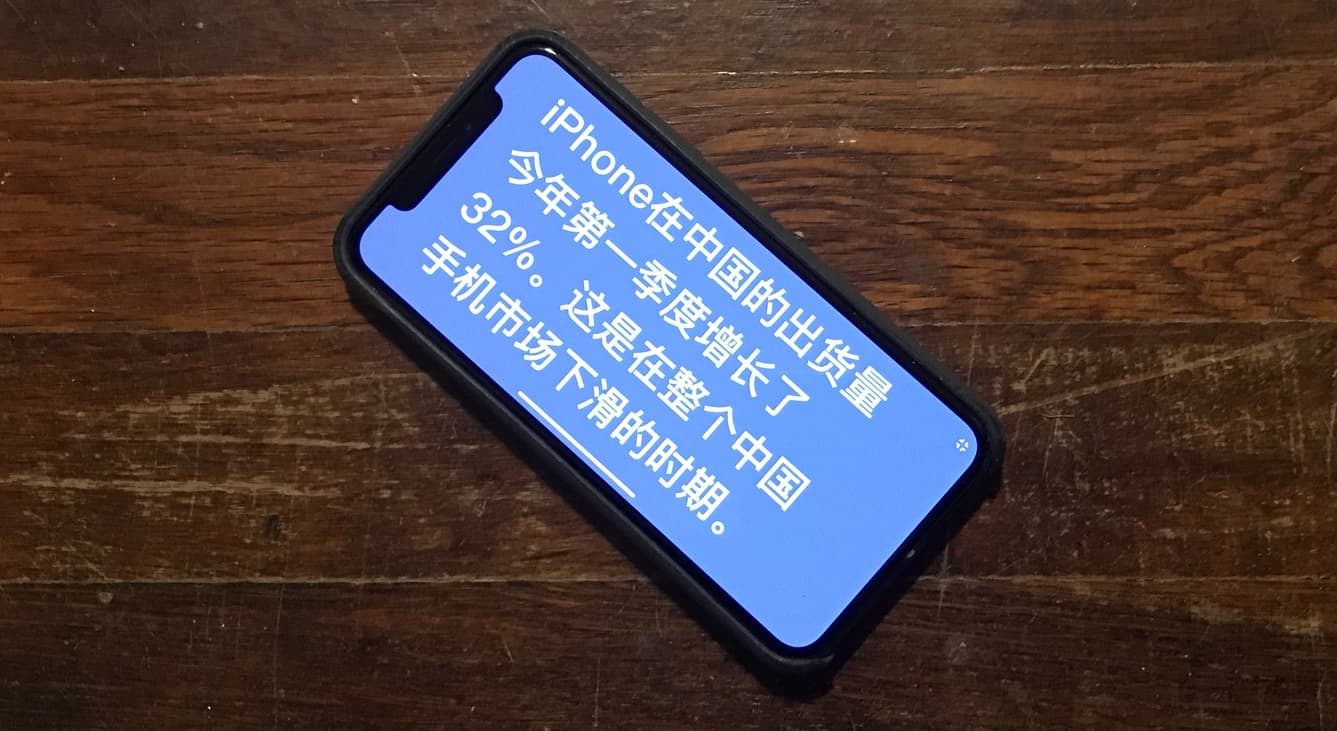Apple has reportedly removed the Quartz news app from the Chinese App Store by request of the China government. According to Quartz‘ investigations editor, this is due to their, “excellent coverage of ongoing Hong Kong protests.”
The company also banned an app that let Hong Kong protesters track Hong Kong police. This came one day after Chinese state media blasted Apple for not getting rid of it.
Quartz has a dedicated page concerning the Hong Kong protests. As the publication notes, the protests: “include calls for democracy and to protect the autonomy guaranteed under the terms of its return to China.” Clearly that’s not the way China would phrase it! The Quartz app is still available in the App Store outside China.
The case regarding the HKmap Live app is a little more complex. Apple banned, then re-approved the app which used reports from a Telegram group to share information about things like arrests. However, when Chinese state media criticized Apple, the company bowed to the pressure and removed the app once more. “Apple has to think about the consequences of its unwise and reckless decision,” read an article for the People’s Daily newspaper.
Quartz and beyond: Big trouble in China
Apple is far from the only multinational corporation to run into problems concerning the Hong Kong/China standoff. For example, the NBA’s plans to embrace the lucrative China market ran into problems when Daryl Morey, general manager of the Houston Rockets, tweeted support for the Hong Kong protests.
Game developer Blizzard has also banned Chung “Blitzchung” Ng Wai from competing in a Hearthstone tournament after the pro gamer made a statement supporting the protesters. Blizzard is part-owned by Chinese company Tencent.
Apple just took the Quartz app out of the Chinese app store at the request of China, and https://t.co/M7MXa7n7AG is now blocked from mainland China. Our excellent @qz coverage of ongoing Hong Kong protests may be the reason: https://t.co/FI4pcyzARz
— John Keefe (@jkeefe) October 9, 2019
Tim Cook has made no secret of his belief that China represents Apple’s future biggest market. If the Chinese government makes a request, Apple has to therefore obey — or risk being kicked out of China altogether.
More challenges in China
The Hong Kong standoff represent an inflection points. But it’s not the first time Apple has faced similar issues in China. In late 2017 Apple pulled Skype and certain VPN apps from the App Store. Apple at the time issued a statement saying that the app broke the law.
Apple has also removed the Taiwan flag emoji from its iOS keyboard for users in Hong Kong and Macau. China does not recognize Taiwan as its own country.
In addition, Apple has been forced to accept the Chinese government’s demands that it run network safety evaluations on all imported products. It has also had to move Chinese iCloud accounts over to a data center controlled by a Chinese company.
Apple has yet to release a statement with its thoughts on the current Hong Kong protest. Doing so would certainly be elucidating — and in keeping with Apple’s stance of speaking out about social issues. But whichever side it came down on would upset one group.


